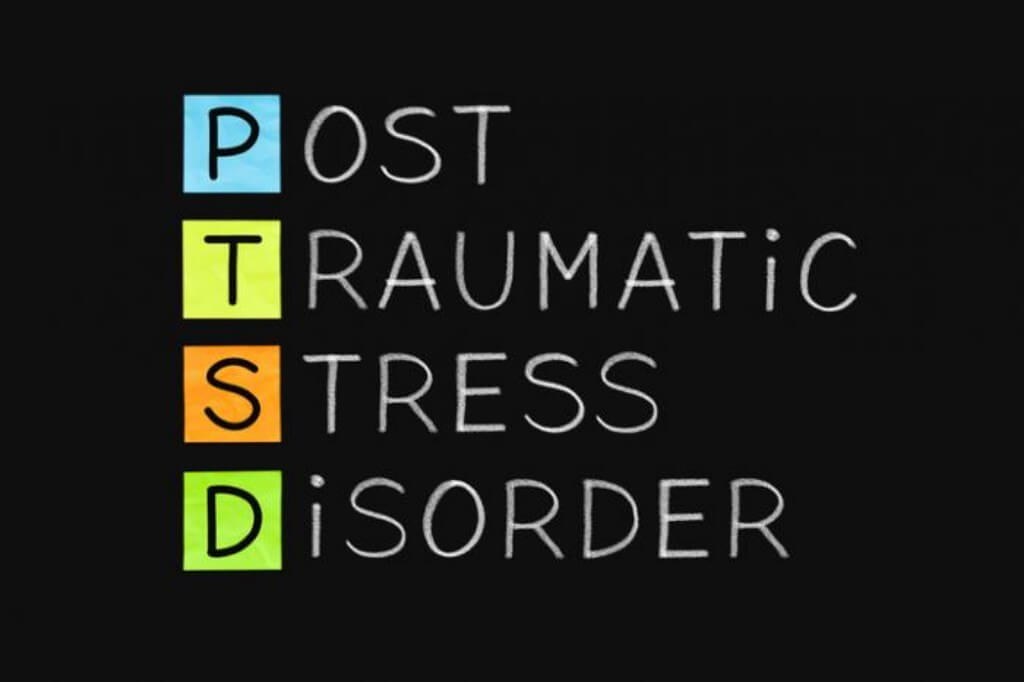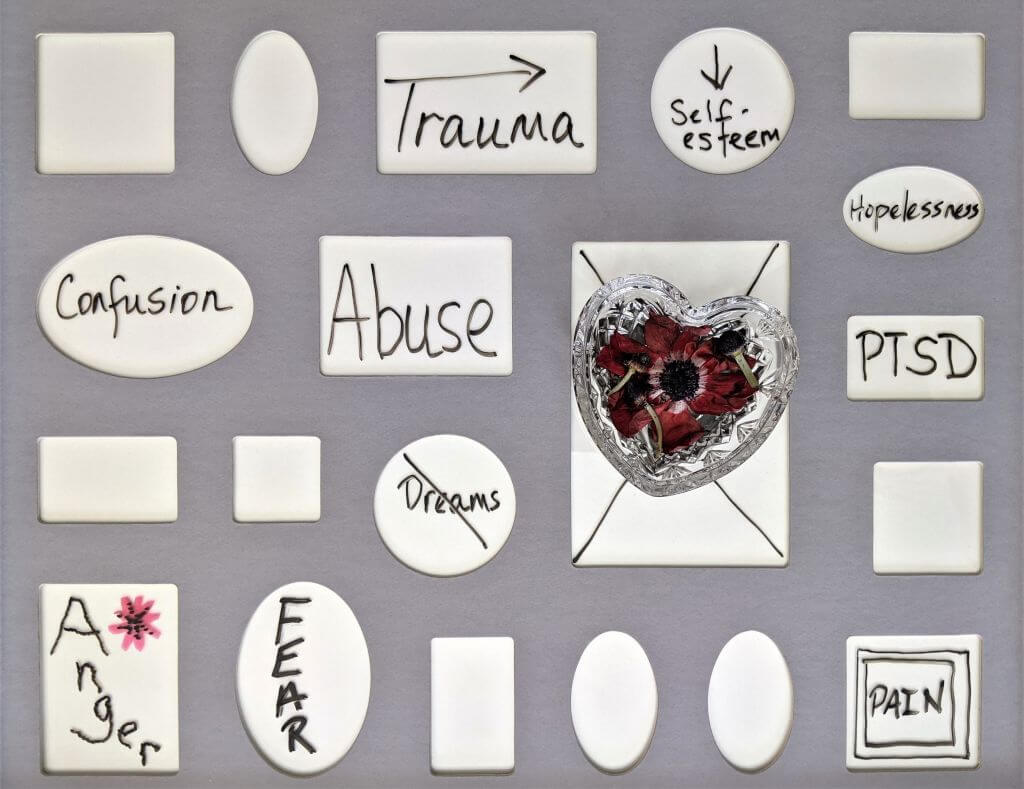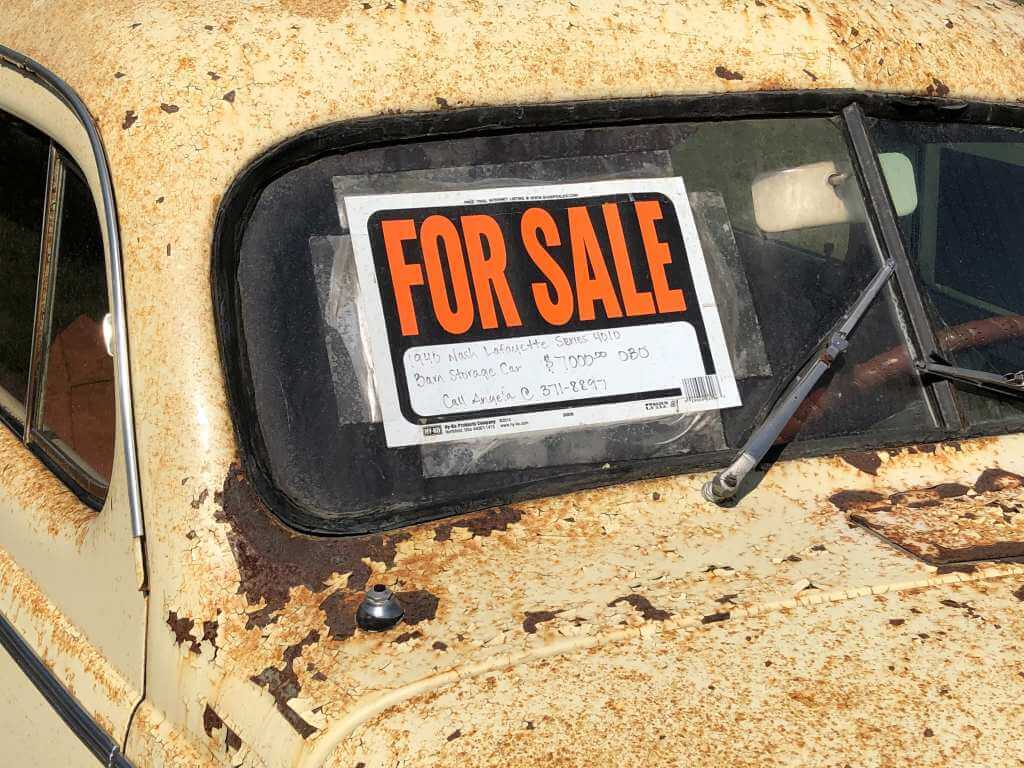PTSD (Post-Traumatic Stress Disorder) is an anxiety disorder that happens to individuals who have experienced very stressful, frightening, or distressing events. This event may be an earthquake, a car accident, a natural disaster, sexual assault, or rape. Accidents are the leading cause of PTSD among most people.
Regardless of how severe the accident is, how much injury it has caused, or whether it’s a mistake of a driver or not there is always a chance of developing PTSD. Because PTSD is not always related to the severity of an accident it’s usually linked with how a person perceives it. Certain factors can cause a risk of developing PTSD in a person after an accident.
Factors that contribute to increasing the risk of developing PTSD

Disassociation
A disconnection between a person’s sensory experience, sense of self, personal history, or thoughts is called disassociation. The connection to time, identity, and the place is lost and people may feel a sense of unreality.
Four areas of personal functioning are disrupted due to disassociation. These areas are usually the ones that operate automatically and with almost no problem. The areas include consciousness, identity, memory, self-awareness, and awareness of surroundings. You may feel a mild sense of detachment right after an accident but if it becomes severe with time it can cause PTSD.
Family history
If a survivor of an accident has any family history of psychopathology then there is a high chance of developing PTSD. In psychopathology, different elements of mental illness such as behaviors, symptoms, causes (genetics, biology, social, psychological), course, development, categorization, treatments, strategies, and many more are studied.
Some of the signs of psychopathology are changes in eating habits, changes in mood, inability to concentrate, feelings of distress, excessive fear or worry, anger, low energy, sleep disruptions, thoughts of suicide, etc.
High levels of emotions
During or immediately after the traumatic event some people start to feel everything more intensely. They may develop emotions of helplessness, fear, guilt, or shame. It’s because they start to overthink everything that happened during the accident. They may have a pang of guilt if the accident was happened because of them.
They may have thought that they should have taken the opposite side of the place where an accident has happened. If you ever got one of these feelings or thoughts after the accident you should have to avoid them because they can cause PTSD.
History of prior trauma
Many studies have shown that there is an increased probability of PTSD in people with prior traumas. Complex PTSD has also been diagnosed in children or adults who have experienced traumatic events repeatedly, such as abuse, neglect, or violence.
Lack of social support after the traumatic event
Whenever someone faces an accident or any other traumatic event he/she needs a lot of emotional support. In case the affected person is left lonely after the event he/she has more chances of PTSD.
Social support plays an important role in the maintenance, development, and treatment of Post Traumatic Stress Disorder. The lack of social support after the traumatic experience can cause problems with communication, closeness, trust, and problem-solving in the survivor.
Difference between the normal feeling after an accident and the feelings linked with PTSD
It’s normal to have feelings of shock, guilt, grief, helplessness, and confusion right after an accident. But if these feelings don’t go away with time and start interfering in your daily activities then it’s a sign that you may have PTSD. You will face the following problems if you have developed a Post Traumatic Stress Disorder:
- Feeling uneasiness, you will feel uncomfortable in most situations.
- Anxiety while driving or riding in vehicles. You may feel that your life is in danger.
- You may avoid medical tests or procedures.
- Getting angry about small things
- Excessive worrying
- Insomnia and nightmares
- Flashbacks of the traumatic events
Symptoms of PTSD

Some of the main symptoms of PTSD are:
● Avoiding reminders of traumatic events
People with PTSD try to avoid activities, thoughts, people, places, and feelings that bring back memories of the traumatic event. This avoidance behavior may give a patient temporary relief in the short term but in the long term, it can increase the severity of the other PTSD symptoms.
Emotions are very important for us they tell us about ourselves and the things around us. For instance, fear tells us that we are in danger. An attempt to avoid the emotions may be beneficial for a small amount of time but if you keep ignoring them they may come back with a force that you are unable to avoid at that time. You can’t do anything when your emotions will fight back, so it’s not a good idea to adopt an avoidance behavior.
● Re-living the traumatic event
Some people re-live the traumatic events they have experienced in the past. They do it through distressing, nightmares, unwanted memories, and flashbacks. Their mind is so much affected by the traumatic event that it becomes very difficult for the survivor to let go of it.
This also includes heart palpitations and difficulty in breathing whenever reminded of a traumatic event. The PTSD patient feels upset for no reason and shows intense physical reactions even toward small things.
● Negative thoughts
One of the symptoms of PTSD is having a lot of negative thoughts. These thoughts include fear, anger, guilt, and even feeling numb and flat. A patient may blame himself or others for the accidents and lose all interest in daily-life activities. He/she also feels cut off from his/her friends and family.
● Feeling wound-up
It means that a person feels extremely angry and tries to find ways to harm his/her own self. Taking lots of risks and having suicidal thoughts are also included in this symptom. At this stage, a person needs a lot of care, love, and attention.
People having PTSD also experience a lot of other mental health problems which also include depression and anxiety. Some people also have been seen to develop a habit of alcohol or taking drugs.
How to get a help
Several effective treatments can be used to cure Post Traumatic Stress Disorder. Although there is no perfect way to cure Post Traumatic Stress Disorder, doctors use different therapies like cognitive processing therapy and eye movement desensitization and reprocessing (EMDR) therapy to make you capable of fighting Post Traumatic Stress Disorder.
Medications
There are currently no medicines that are specifically designed for treating Post Traumatic Stress Disorder but doctors use many well-established medicines for the treatment of psychological conditions like stress, anxiety, and mood disorders. Following medicines are used:
- SSRIs
- SNRIs
Medicines falling into other categories such as atypical antipsychotics and the anti-hypertensive alpha-blocker prazosin are also used for decreasing PTSD symptoms.
If you feel that you or any other person in your family with Post Traumatic Stress Disorder feels the following side effects after using these medicines contact your doctor or medical provider as soon as possible.
- Dizziness
- Headaches
- Changes in sexual function
- Drowsiness
- Nausea
- Insomnia
- Diarrhea
- Nervousness
- Agitation
How to cope with your feelings after an accident?
1. Exercise
Try to keep yourself active don’t just lay on the bed the whole day miserably. This can make you overthink the incident and your mental could become more severe. Take advice from your doctor about the exercise you can do with physical injuries you have.
2. Talking
Talk as much as you can about the details of the accident with your friends, family, or a counselor. Don’t keep it inside your head, allow it to come outside. This will help you to withdraw your burden. Talking to other people will also keep you busy and think less about the unfortunate event that was happened.
3. Keep visiting your doctor
Many people avoid going to a doctor regularly after an accident. This is because they feel very uncomfortable. But you have to leave your comfort. Your doctor will keep you updated on the improvement you are making. The doctor will also refer you to other healthcare experts in case of any danger.
4. Getting back to your daily activities
Don’t leave all the work and activities you used to do before the accident. Try to bring back yourself to your previous schedule as soon as possible. Leaving all the work you used to do gives you a feeling that you are of no use now and it can affect your mental health a lot. Do it even if you are uncomfortable.
5. Become a defensive driver
Going back on the road is very difficult after an accident but it’s a part of life. You can avoid the risk of future injuries by driving carefully. Be mindful while driving and always wear your seatbelt. Avoid taking a phone call as well as texting when you are on a drive.



